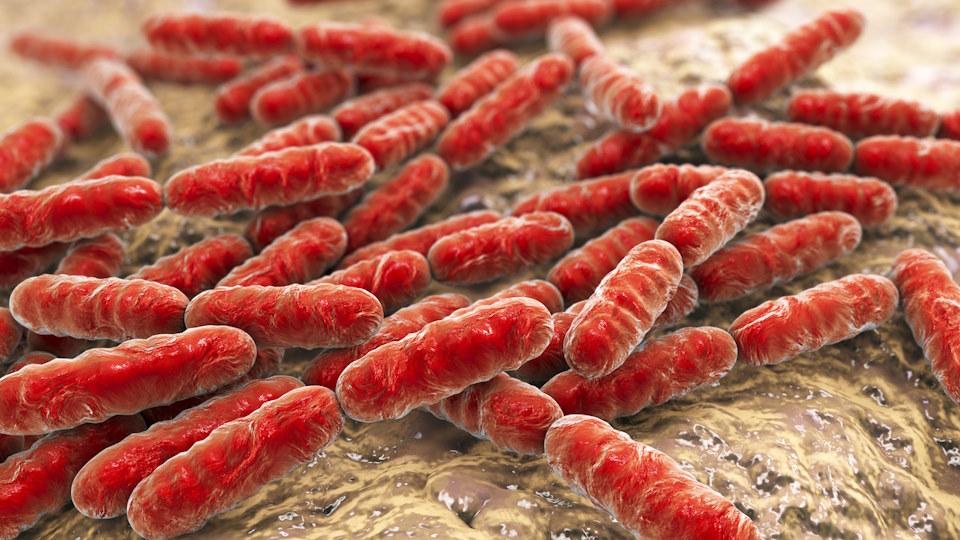Valneva, LimmaTech ally on quest for first Shigella vaccine

Valneva has bolstered its vaccines pipeline with a shot designed to protect against shigellosis – a major global health threat – licensed from LimmaTech Biologics.
The French pharma company – best known for its COVID-19 jab and recent approval for the world's first chikungunya vaccine Ixchiq – is paying €10 million upfront for a stake in LimmaTech's S4V vaccine candidate, and promising undisclosed regulatory, development, and sales-based milestone payments.
Shigellosis, a form of bacterial dysentery caused by Shigella bacteria, is the second leading cause of fatal diarrhoeal disease worldwide, but at the moment there is no approved shot for the disease, which has been described as a "graveyard" for vaccine candidates, despite decades of research.
Moreover, while the standard treatment for shigellosis is oral rehydration and antibiotic therapy, resistance to antibiotics is on the rise, with cases of multidrug resistance (MDR) reported, which makes treatment extremely difficult.
The World Health Organization (WHO) – which has made the development of a Shigella vaccine one of its top global health priorities – has estimated that up to 165 million cases of shigellosis occur each year, leading to around 600,000 deaths, with children in low- and middle-income countries (LMICs) the most vulnerable.
LimmaTech's tetravalent S4V shot was developed in partnership with UK vaccines giant GSK, with the Swiss biotech taking full control of the programme in July 2023.
Earlier this year, it reported positive phase 1/2 data for the S4V vaccine candidate that showed it could generate an immune response against the four most common pathogenic Shigella serotypes – namely S flexneri 2a, 3a, 6, and S sonnei – as well as a "favourable" safety and tolerability profile.
Under the terms of the partnership with Valneva, LimmaTech will be responsible for running two phase 2 trials, including one in children in LMICs, which are due to start later in 2024. Thereafter, if all goes to plan, Valneva will take control of the programme, with a view to starting a phase 3 programme in 2027.
The WHO has said a Shigella vaccine should be able to demonstrate prevention of moderate to severe diarrhoea with 60% or greater efficacy, providing protection for at least two years and preferably five.
As of 2022, the agency listed nine candidates in clinical trials – including the S4V shot – with the most advanced a bivalent candidate from Beijing Zhifei Lvzhu Biopharmaceutical in phase 3 testing.
Valneva estimates that the global market for a Shigella vaccine could be $500 million a year, targeted at people in LMICs, as well as travellers and military personnel staying in areas where shigellosis is prevalent.











